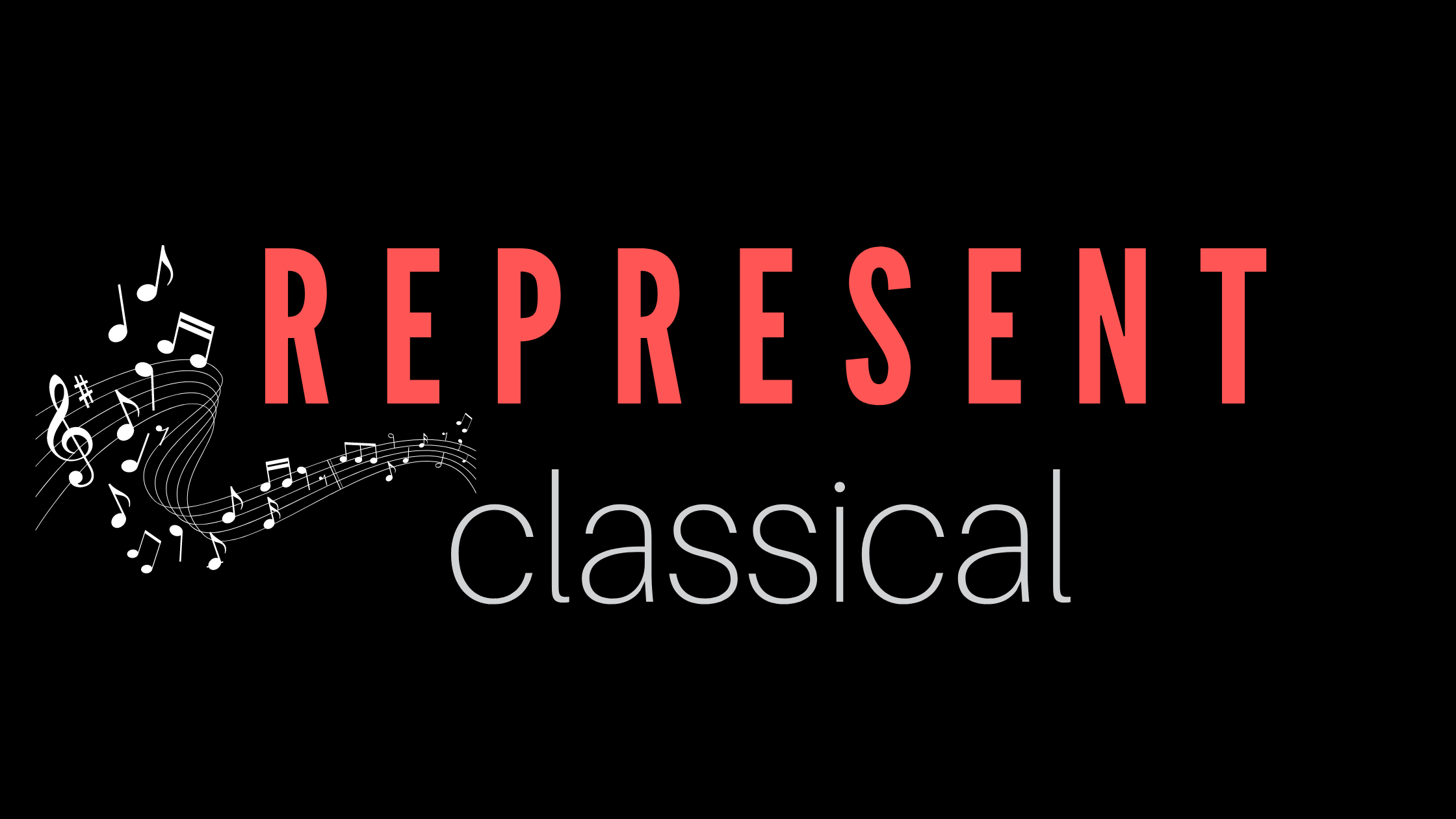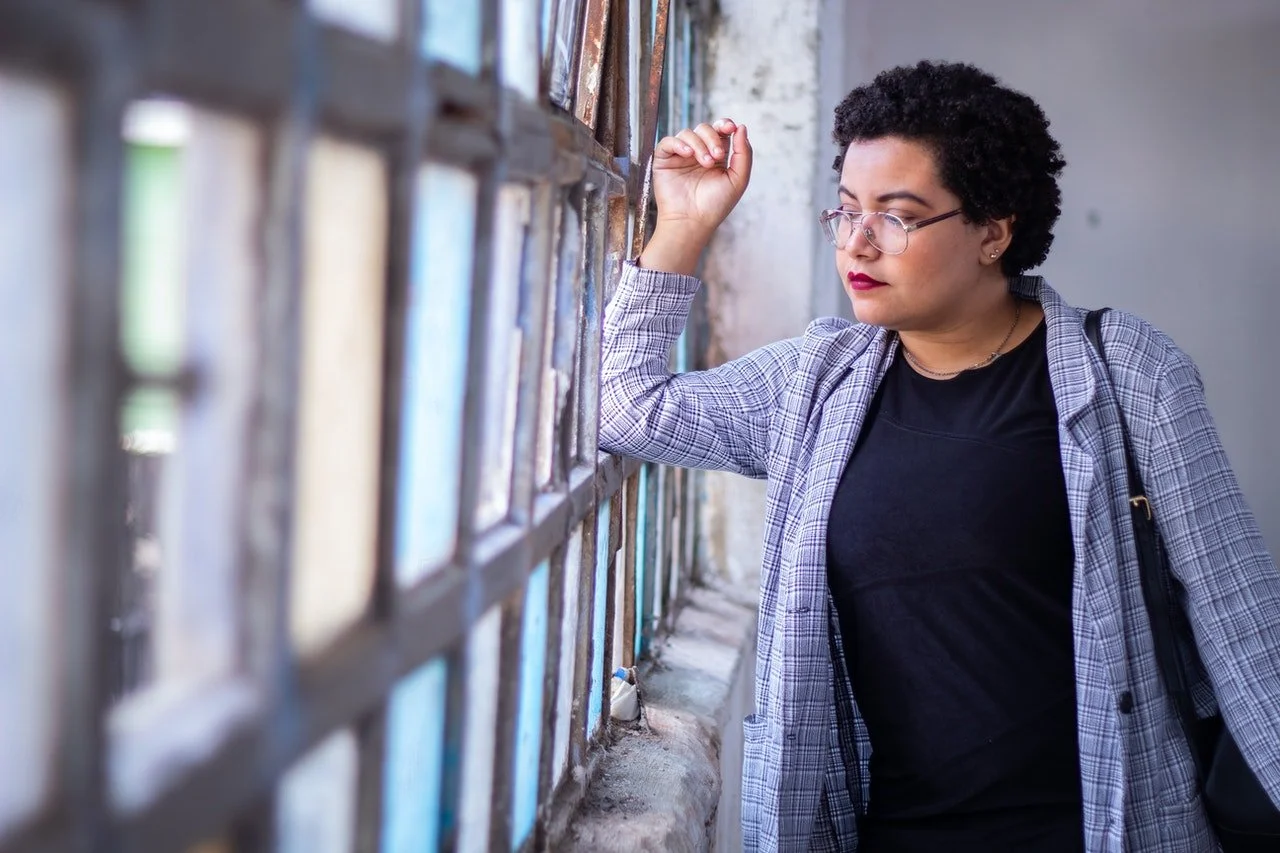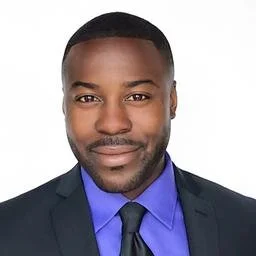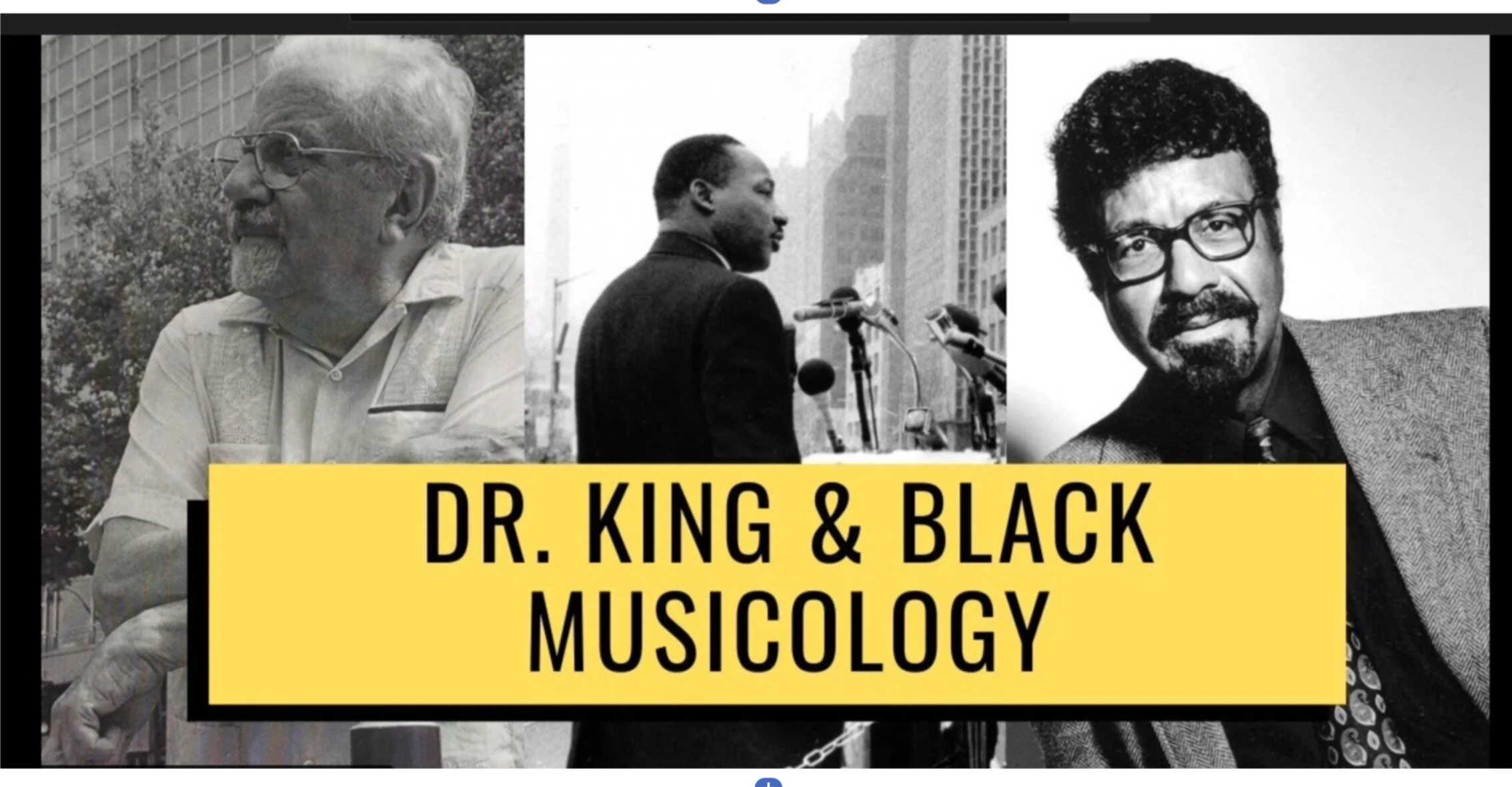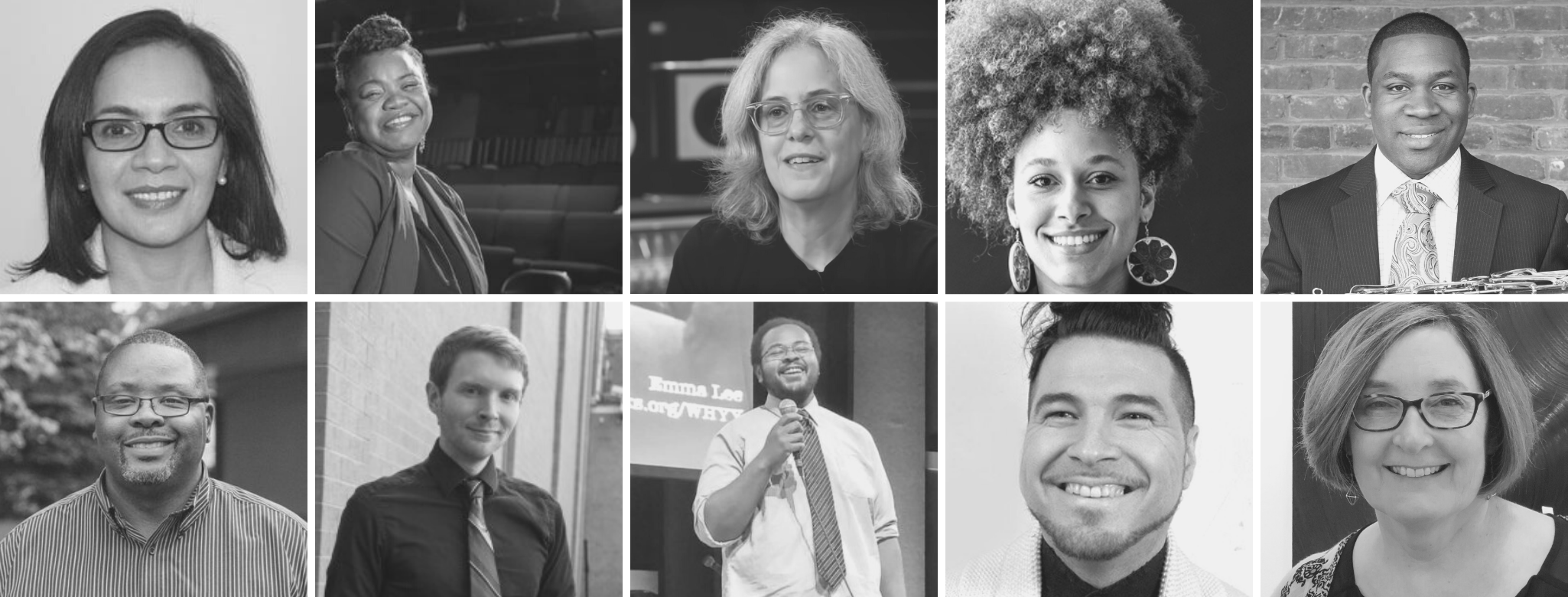On Tuesday May 9th exactly one year after the Black Orchestral Network (BON)’s “Day of Solidarity” addressing anti-Blackness in US orchestras, the organization released a statement on social media protesting the Kansas City Symphony’s recent denial of tenure to acclaimed Principal Percussionist Josh Jones. Represent Classical’s Jay Julio interviews BON co-founder and Steering Committee member Jennifer Arnold about this latest development.
Read MoreThe action was the longest strike by adjunct college faculty in U.S. history and part of an increasing trend in worker uprisings at U.S. colleges and universities this year.
According to a post on the union's strike update website "You Are The New School", the agreement represents what part-time faculty are calling "significant achievements" for the teachers who make up about 87% of the school's faculty.
Read MoreThe 3-day event is sponsored by the Dallas Symphony Orchestra and is now in its fourth year. The symposium's organizers say despite the fact that more women graduate from prominent conservatories and schools of music than their male counterparts, they are "severely underrepresented in titled conducting positions, in programming by major orchestras, on stage as soloists, and in management leadership positions."
Read Morehe positive, residual impact of this dialogue-based approach toward change can’t be denied; however, it’s becoming increasingly difficult to address today’s missteps and examples of inequity in performance spaces by and with words alone. It begs the question: What should the next stage of change-making in the arts look like, considering the relative normalization of the talk-centric aspects of this work?
Read MoreWhile this story may seem inappropriate, exaggerated, and even far-fetched for many classical concert goers, the reality of gun violence is becoming more widespread and normalized across American society. As of mid-July, 2022, over 300 mass shootings had been reported in the United States, with associated deaths stacking up to over 60. Orchestral and opera venues have long been considered “safe spaces” where issues of systemic racism, patriarchal norms, and class division (among others) have been pushed to the proverbial nosebleeds, but as the issue of gun violence continues to grow, so should the attention that arts institutions are paying this issue.
Read MoreDo you remember the first time you went to go see a live production of an opera? Maybe it was during a school field trip, or for a date that you wanted to impress. I’ve met people whose first experience in an opera house was born out of a pure curiosity that led to the purchase of a ticket.
Everyone has a different story about their introduction to this art form, but what isn’t engaged as much is the residual emotional impact of said introduction. For me, the introduction came by way of performing on the stage, but I wasn’t able to measure the emotional impact opera had on me until I engaged opera as an audience member.
Read MoreThe new “2022 Orchestra Repertoire Report” says that over the last several years there’s been an increase in how often American orchestras perform works by composers of color, women composers, and living composers. The report also examined programming trends dating back from 2015 to the current season.
The study was produced by SUNY Fredonia’s Institute for Composer Diversity, in partnership with the League of American Orchestras, with support from the Sphinx Organization’s Venture Fund. Data for the study was gathered from season announcements and the websites of medium and larger budget orchestras.
Read MoreFounded by Jennifer Arnold, Alexander Laing, David A. Norville, Joy Payton-Stevens, Shea Scruggs, Weston Sprott, and Titus Underwood, the Black Orchestral Network describes itself as “a community of Black orchestral artists” who “love and care about the American orchestral community.” However, with that love comes concern. BON sees the relative lack of Black talent in professional orchestras as a huge problem and has entered the arts activism field with not only a mission, but with a call to action.
In BON’s formal call to action, the organization offers some of the context that inspired their very direct approach, namely, a 2014 statistic that highlights the fact that less than 2% of American orchestral musicians are Black.
Read MoreRepresent Classical’s popular video series, CONVERSATIONS, is now available to listen to on Spotify.
Hosted by Christine S. Escobar, Founder and Editor of Represent Classical, each episode of “CONVERSATIONS” features in depth interviews with industry leaders, notable musicians, movers, shakers, and innovators in classical music and related genres.
Stay tuned for Season 2 beginning in late spring with more insightful and thought-provoking discussions on the change that musicians of color are creating in the music industry.
Read MoreAccording to a newly published report by SMU Data Arts, unemployment in the arts doubled that of the national average in the U.S., with BIPOC individuals and those with disabilities bearing the brunt of the impact.
Although employment returned for some workers of the arts sector, this recovery appears to have been virtually nonexistent for BIPOC and disabled workers.
Read MoreEveryone that I’ve talked to has some relationship in the music world to Suzuki. Their teacher was trained in it or their parents were involved in it. Everyone is like one person removed at most from Suzuki. To me, it was such a huge opportunity to connect with the organization, and to really build on its history. The Suzuki model and the Suzuki philosophy is founded on this idea that music can be a tool for developing youth, instead of music being just kind of this gift that we give to people. We're using music as a tool for young people to understand themselves, to understand how they want to contribute to society, to understand how to connect with each other, to connect with their families.
Read MoreBrendan Slocumb’s first novel, The Violin Conspiracy released this month by Anchor Books, an imprint of Penguin Random House, is charting on Amazon, has quickly gained national media buzz, and become a Good Morning America Book Club selection in only a matter of days. Its surprising success has caught its author pleasantly off guard.
Represent Classical spoke with the author and musician this week about the book and his personal inspiration behind the story.
Read MoreThe Sphinx Organization has awarded two grants of $100,000 and one grant of $97,500 for 3 projects that meet the Sphinx Venture Fund’s mission to support initiatives designed to solve a challenge or an issue related to diversity, equity, and inclusion (DEI) in classical music.
Read MoreA new gift of $2.1 million from The Andrew W. Mellon Foundation will support the League of American Orchestras’ next phase of their Catalyst Fund: an incubator program to advance equity, diversity, and inclusion practices in American orchestras. The new grant follows the receipt in 2019 of $2.1 million from the Mellon Foundation to fund a three-year pilot program that provided grants to 49 orchestras.
Read MoreRC Editor Christine S. Escobar speaks with Armando Castellano: President, Founder and Artistic Director of Quinteto Latino in the latest installment of “Conversations” about the contributions and experience of Latinx/Latin Americans to classical music, and the importance of changing the nature of arts leadership.
Each episode of Represent Classical’s “Conversations” series features in depth interviews with industry leaders, notable musicians, movers, shakers, and innovators.
Read MoreThursday at the League of American Orchestras virtual conference “Embracing a Changed World”, a number of leading figures held discussions in two sessions focused on racial equity, diversity, and inclusion (EDI). They focused on tangible solutions to barriers facing orchestras and organizations attempting to reckon with equity, diversity, and inclusion from within.
Read MoreThe League of American Orchestras’ upcoming annual conference, “Embracing A Changed World”, will be held Monday, June 7 to Thursday, June 17 virtually online.
Read MoreTonight at 4:30 p.m. EST, The Dream Unfinished will debut a new YouTube series spotlighting the economics and labor of learning repertoire outside of the classical music canon, lesser-known masterworks by underrepresented composers, diversity, equity, and inclusion within classical music, and concrete tips for everyday people to become instruments for change.
Read More10 finalists have been chosen for this year’s Lewis Prize celebrating people building “positive change in their communities through music". The programs they lead include choral, jazz, orchestra, musical theatre, and audio and music tech programs that foster the “holistic growth of young people” in their local communities.
Read MoreInterview with Lucinda Ali Landing: Violinist, Music School Founder, Music Educator, and Parent Coach on her latest practice book for parents and bringing musicians together in racial healing dialogues.
Read More